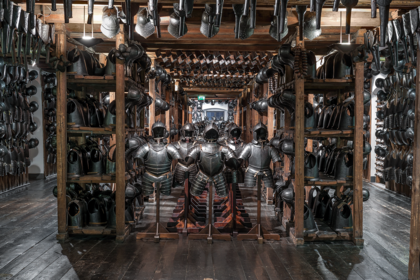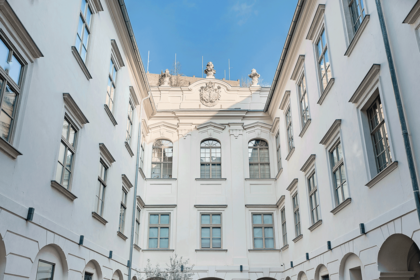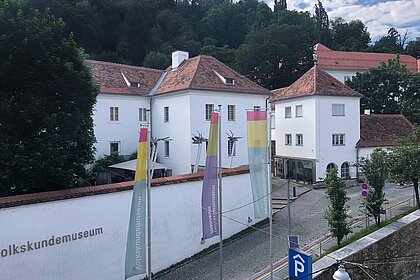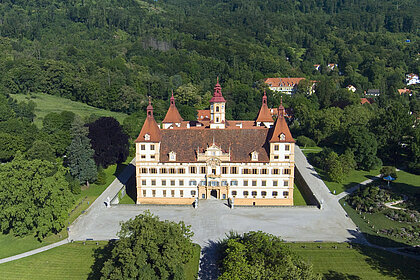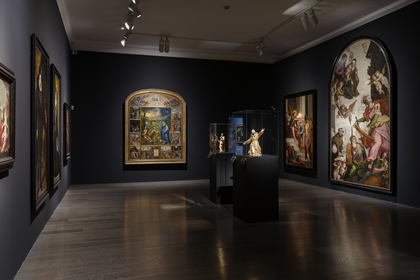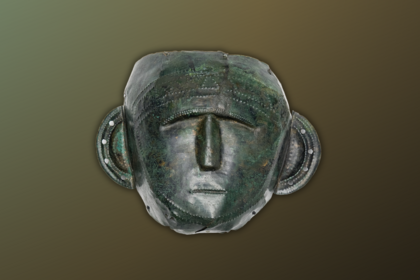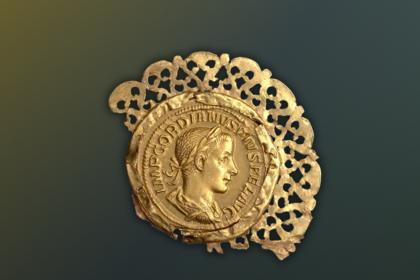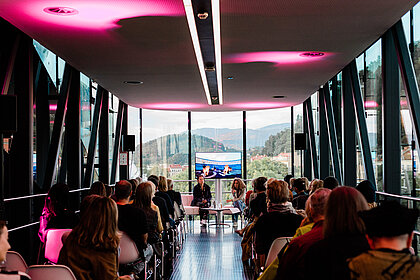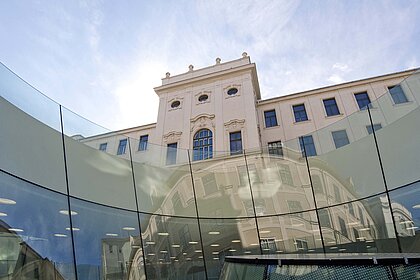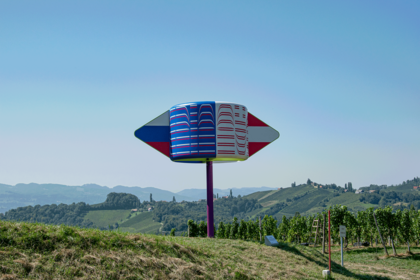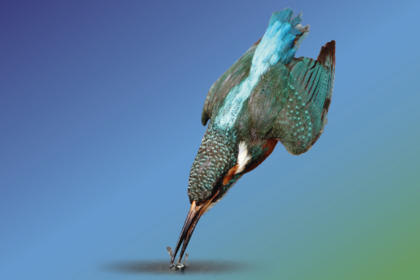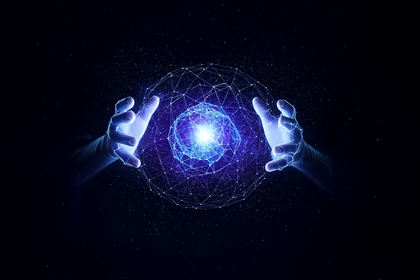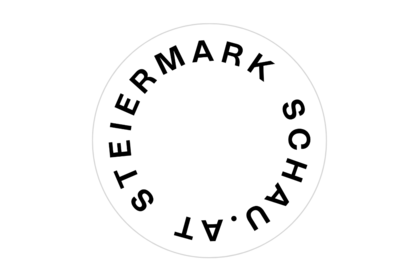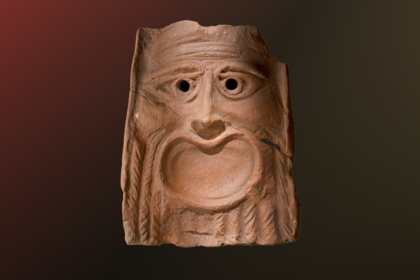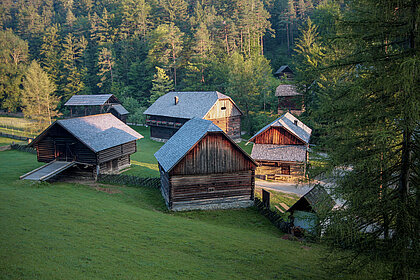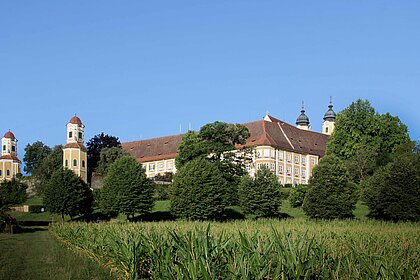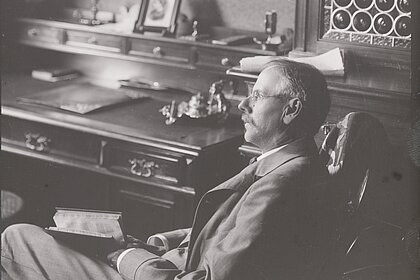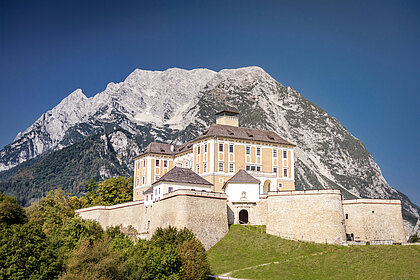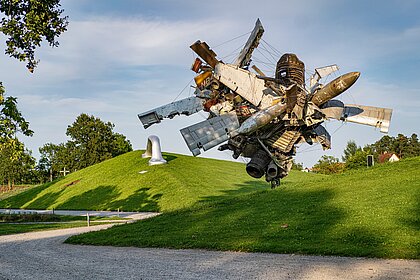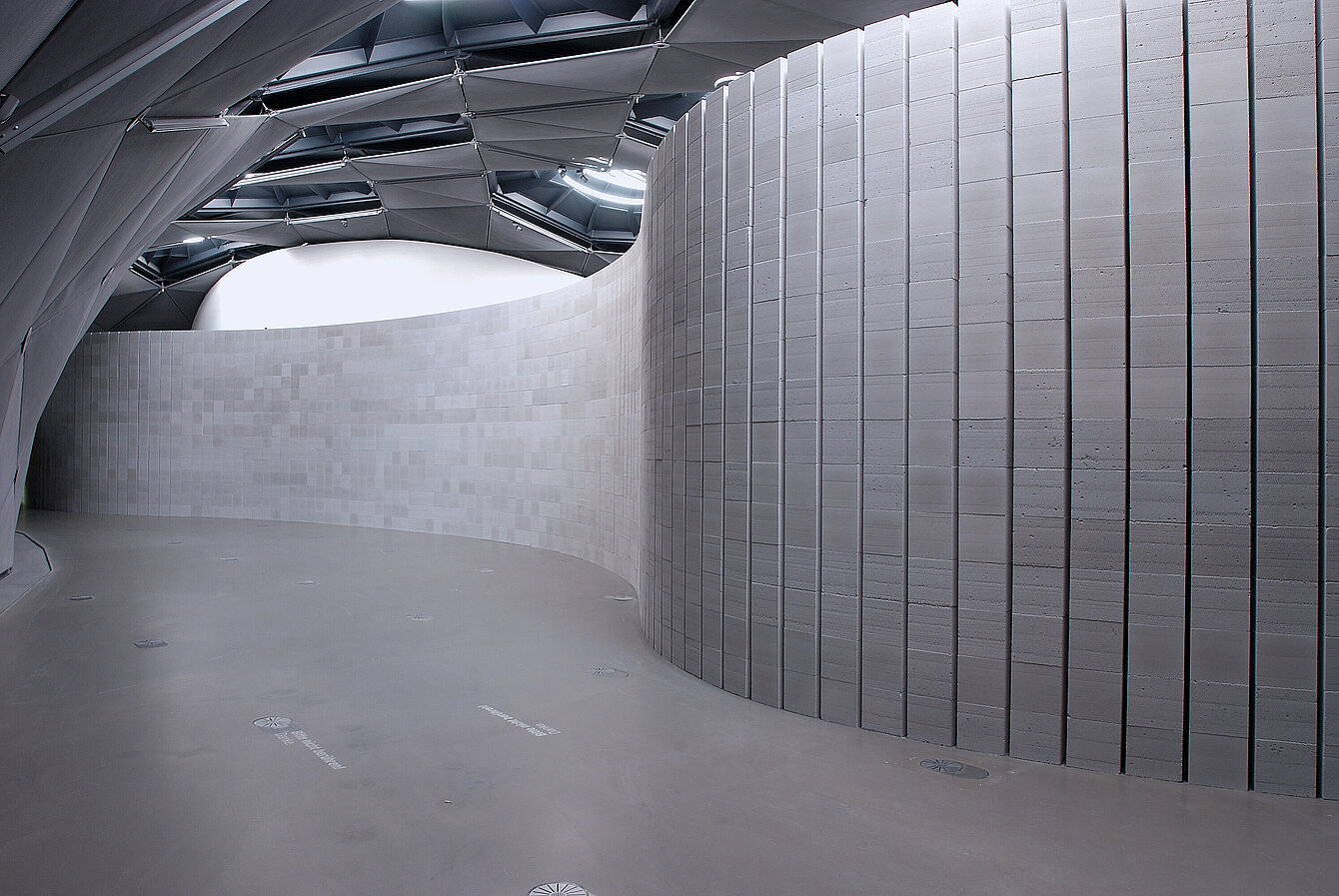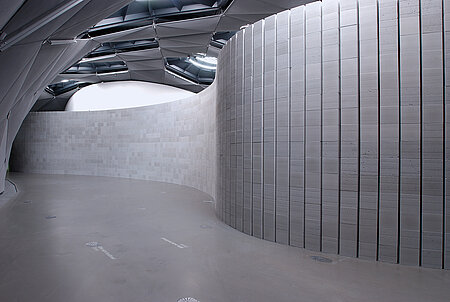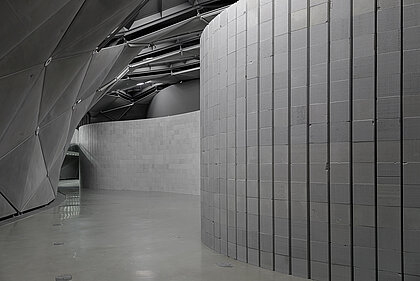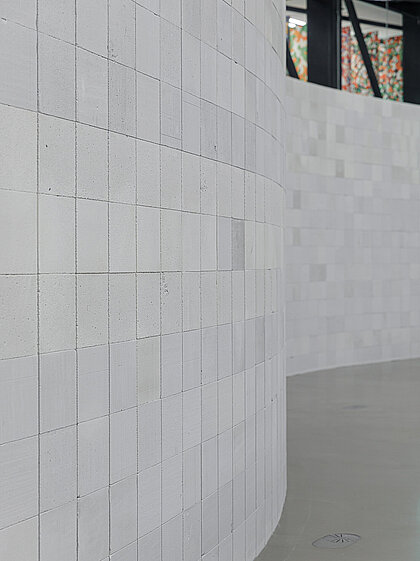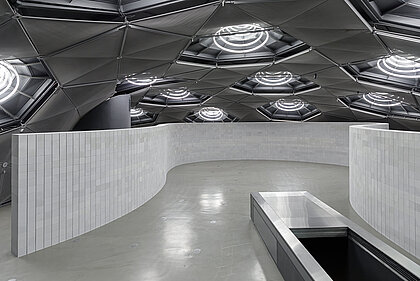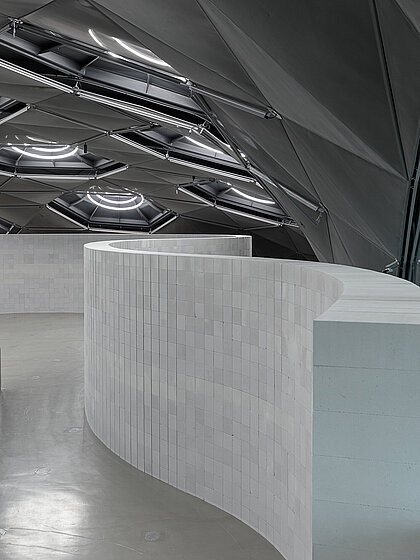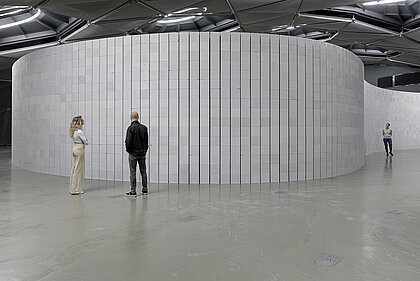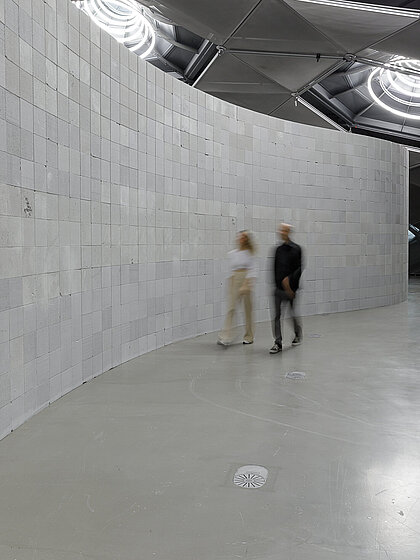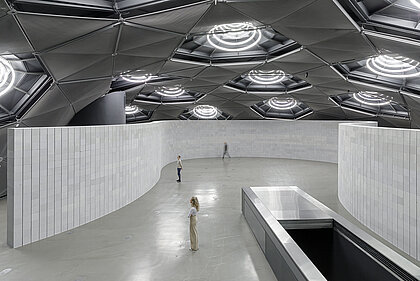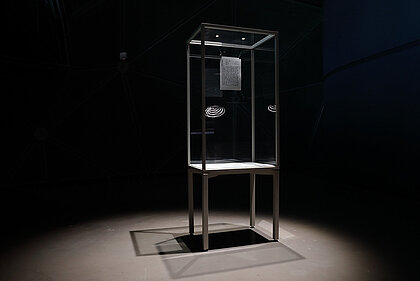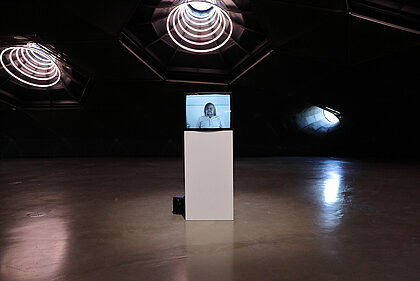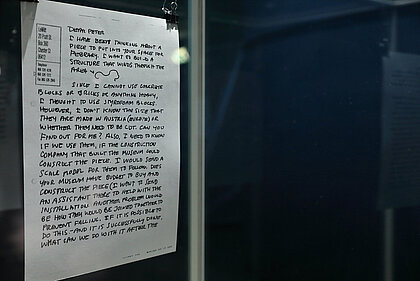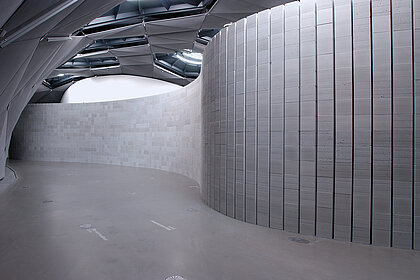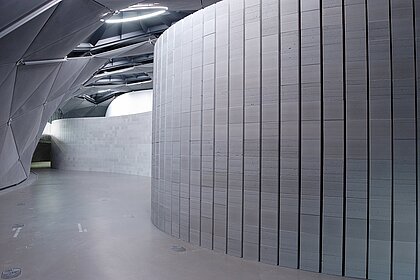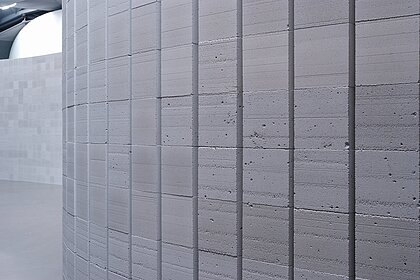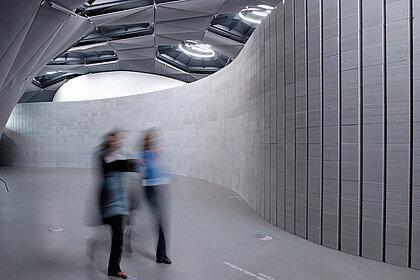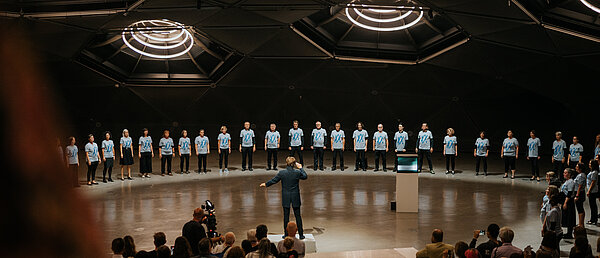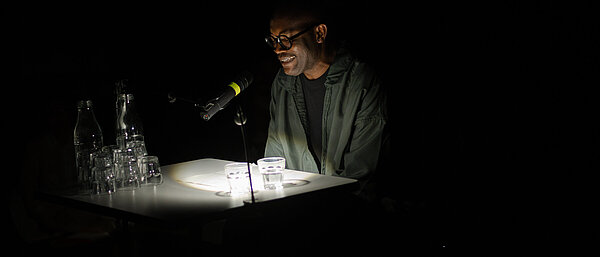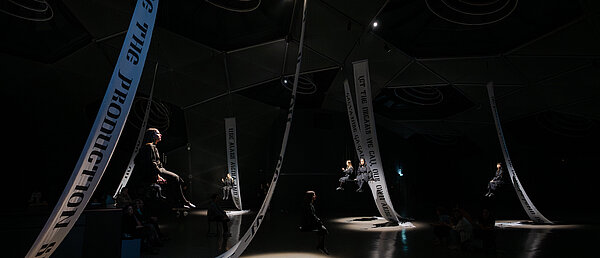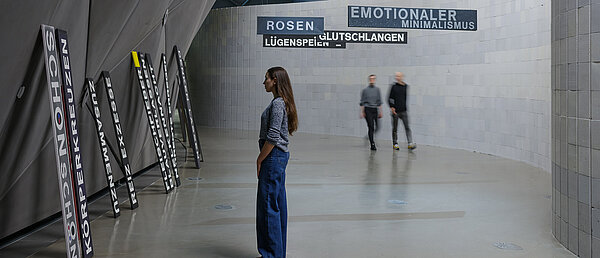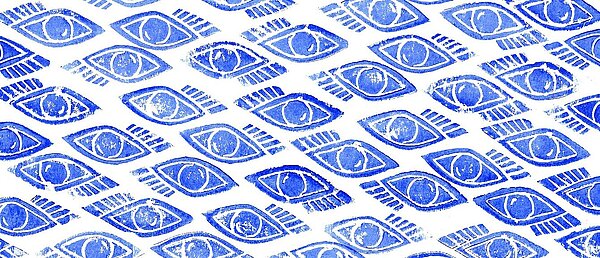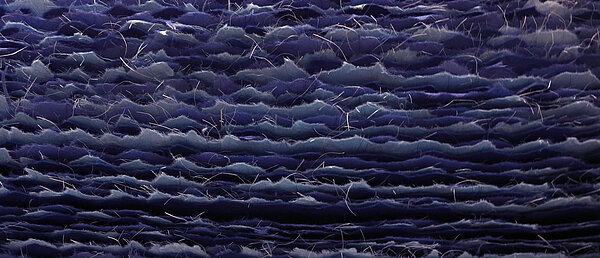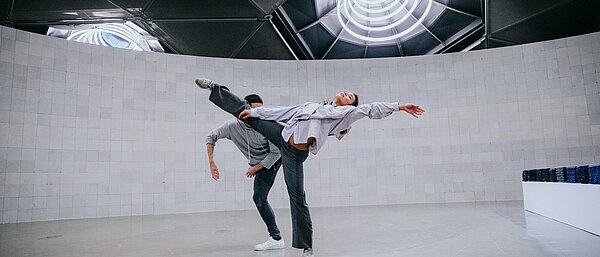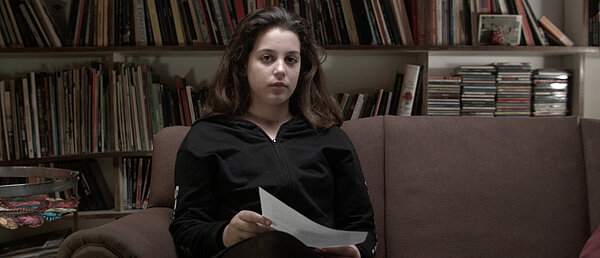Sol LeWitt's monumental work Wall – the first solo show at Kunsthaus Graz in 2004 – is reactivated after almost 20 years, the process of construction itself now made tangible and the installation then recontextualised in dialogue with current artistic positions. The reactivation opens up possibilities to re-read LeWitt's wall itself, but also to reflect in a differentiated way on a change in institutional language in relation to artistic and political contexts: Issues of co-creation, physicality, the drawing of demarcations and an understanding of context that has proliferated over the last 20 years are negotiated.
Following Sol LeWitt's concept of the concise idea as the most important artistic achievement and its realisation as a collective endeavour, Wall becomes a platform, a stage, over nine months for a rethinking of the past in the present and a projection of the future in the process of examination together with a younger generation of artists. Time and collaboration are important aspects of Sol LeWitt's concept.
The joint and challenging reflection therefore takes place over a longer period of time in three chapters. In Protocols for Utopia, Franz Jochum, Jasmina Cibic and an evening co-curated by Abdelaziz Baraka Sakin engage collaboratively with concepts and protocols over four evenings. Artwork and Work uses the visible part of the artistic concept – the process of building the wall – to deal with issues such as labour, co-production and delegation. Finally, Variations and Dialogue reflects on LeWitt's concept of the modular, it’s development in variations and collections, and with artists such as Franz Vana, Helene Thümmel and Renate Krammer, on topics such as universal accessibility and the right to authorship.
